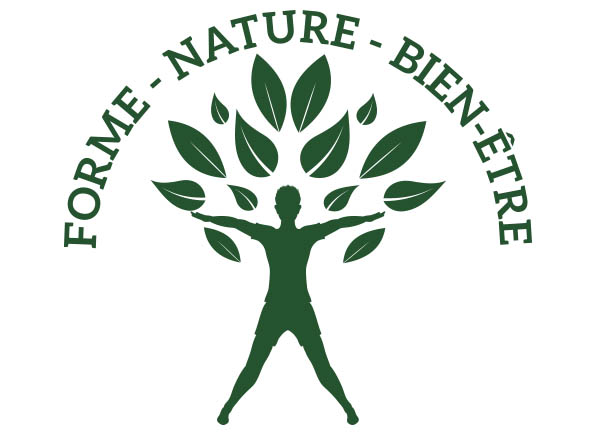Case Study
The Health Challenge and a Label for Gîtes de France: Fitness, Nature & Well-being
Contact name
Manuel Lequeuche
Institution name
ENRx - Espaces naturels régionaux
Region & country
Nord Pas de Calais, France
Summary
In 2013 the association Espaces Naturels Régionaux (ENRx) together with the Regional Institute for Well-being, Medicine and Sport (IRBMS), the Mutualité Française (Health Insurance Fund) and Gîtes de France started a collaborative project on “Parks, Nature, Sports and Health” aiming to counter sedentary lifestyles and enabling people to discover nature and biodiversity through physical activity. The initiative set a range of challenges for people to undertake a variety of physical activities in the natural environments of the three regional nature parks of the Nord Pas de Calais region in northern France. An online log book was designed to support the participants throughout the challenge.

Background of the project
A general trend towards sedentary lifestyles with negative health impacts. (e.g. Statistically, one in two people in the Nord Pas de Calais is overweight.)
- To promote the benefits of exercise.
- To increase awareness of people’s need for adequate physical activity.
- To combat the trend towards sedentary lifestyles.
- Possibilities for training fitness ambassadors and for creating fitness trails.
- To link people with sports bodies.
- To raise awareness among health professionals.
- To create effective tools to measure fitness.
Solution and actions taken
In 2014 the three regional nature parks of the Nord Pas de Calais region were launching “The Health Challenge” (défi santé), together with the IRBMS and the Mutualité Française, to counter the trend towards sedentary lifestyles and the negative impact this has on health. The health challenge consists of:
- A daily objective of 10,000 steps or three lots of 10 minutes of moderately intense activity. This could include hiking or Nordic walking.
- Defining the location of the challenge. Existing circular hiking trails of 1km, 2km, 3km and 6km are being adapted to highlight the well-being theme.
- A preventive approach of recreational sport while discovering nature. The use of pedometers and stopping points with interesting information on health, culture or gastronomy was also foreseen.
- Guides, employed by the parks, will be on hand to help.
- Support from an internet site to accompany participants, who will have their own individual log book.
- The internet is particularly important in providing support and modes of evaluation: The unit for measuring activity will be the step, but each activity will be convertible to allow for cycling, canoeing, sea-walking (Longecôte) and other sporting challenges.
- To engage local authorities (communes) in the park.
- To tailor the idea locally: for example Avesnois is looking at potential links with retirement homes to foster intergenerational links for health (Avesnois).
Two meetings:
- the first in June and the second in November 2013, brought together a wide range of interested organisations from the environmental, sport, health and tourism sectors, including the three parks, Gîtes de France, the Regional Institute of Medical Well-being and Sport Health (IRBMS), the Regional Cardiological Federation, the Walkers Federation, the League against Cancer, tourist offices and thermal spas. The aim of the first meeting was for participants to share, discover and acquire knowledge from each other,
- whilst the focus of the second was to build shared projects. Here the participants concentrated on fitness and the increasingly sedentary character of people’s lives. With around one in two people in the Nord Pas de Calais overweight there was an emphasis on the benefits of exercise, the need for tools to measure fitness, and the possibilities for creating fitness ambassadors and fitness trails.
Other institutions or parties involved
The challenge is being jointly led with Gîtes de France, with whom ENRx and the three parks are working on the development of a label to promote fitness, well-being and nature on the Gîte.
The Ministries of Sport and of Health are supporting the work of this initiative to ensure sustainability of the project and its activities.
Results
The project was in its early stages as this case study was written so it was too early to present concrete results. Nonetheless the Health Challenge project is in itself the outcome of the initial meetings. The aim is to reach as many of the inhabitants of the Nord-Pas de Calais region who would benefit as possible.
Challenges
–
Lessons learned
- Working with other organisations, notably the owners of Gîtes de France as ambassadors, served to promote the project more widely.
- The design of a supplementary website was of particular importance: It allows providing all participants with online support and it enables them to keep track of their achievements so they can compare them to those of other participants.
Contact name
Manuel Lequeuche
Institution name
ENRx - Espaces naturels régionaux